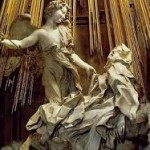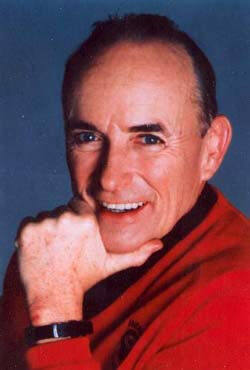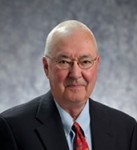It seems a new undergraduate blogger is sweeping the American Catholic millenial imagination (and computer screen). If I’ve been asked, “Have you heard of this ‘Bad Catholic’ blog?” once in the past month, I’ve been asked six or seven times. Authored at Patheos.com by blogger Marc Barnes, ‘Bad Catholic’ has more than 10,000 likes on its Facebook page, with undoubtedly thousands more blog followers. Focusing on issues in the contemporary Church, as well as bringing Catholicism and secular culture into conversation, Barnes’ blog has not only taken young Catholics by storm, but has sparked inter-religious debate and even been noticed by the likes of Jonathan Fitzgerald in the Wall Street Journal.
A college student, Barnes’ shares his views on topics as far ranging as politicization in the Church, virtue ethics, the theology of pop music, the philosophy of modesty, and religious pilgrimages, all from the perspective of a young Catholic in the modern world and frequently through the lens of natural law. But from the title of the blog, “Bad Catholic,” one can deduce some of Barnes’ self-understanding as a curious, young Catholic (though not “traditional” or “conservative,” per his piece, “Catholic, Nuff Said”), negotiating the Church and modern world by mingling the Catechism with Top 40s song lyrics, the Church Fathers with contemporary feminist theory. Continue reading


